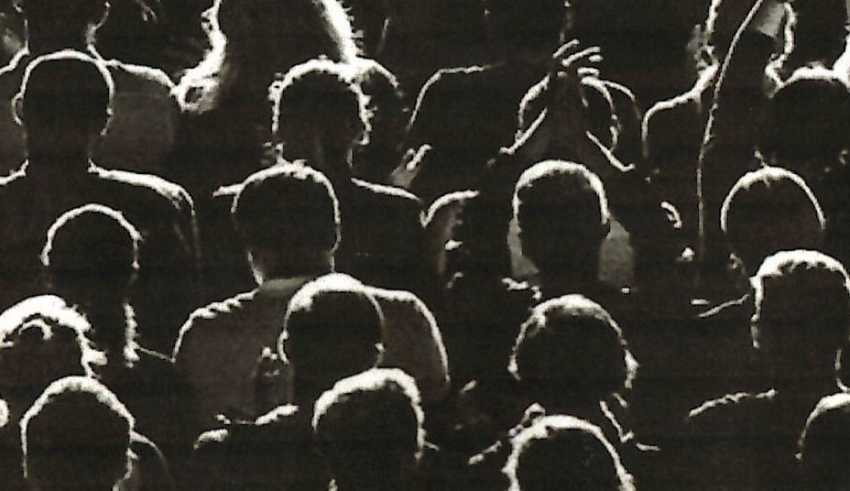
Chapter Twenty One – Doing Something About Our Thinking
Decades of research have shown that professionals (experts) who have learned to avoid biases in their area of expertise often struggle to apply what they have learned to different fields. For example, weather forecasters have learned to avoid over-confidence in predicting weather patterns—but are just as overconfident as anyone else when asked to apply their “expertise” to matters concerning appropriate responses to changing weather conditions.
This chapter focuses on techniques and methods that help us and others shift our thoughts and resulting behaviors in a manner that is reasonable and aligned with a realistic assessment of our current situation. The role played by a personal coach or organizational consultant is valuable in these circumstances. This role is particularly of value if and when the coach or consultant is alerting expert leaders that they are straying outside of their areas of expertise and that well understood biases can creep in unknowingly.
Chapter Twenty Two – Doing Something About the Vail of Misinformation and Lies
How do we best confront personal, group and cultural lies? How do we pierce the veil of misinformation and lies. This is quite a challenge given the many avenues are open for misinformation and lies to prevail in our personal lives, the groups of which we are members, the societies in which we live—and even the unconscious peremptory world that swirls within us. We suggest that some of these challenges can best be met by acknowledging that there are three domains in which lies and misinformation dwell. These are the domain of Information (where misinformation about the world can prevail), the domain of Intentions (where misinformation regarding viable goals and motives can prevail) and the domain of Ideas (where lies about the practicality of specific strategies and actions can prevail). In this chapter, we explore ways in which to work effectively within these three domains.
Chapter Twenty Three – Doing Something About the Contradictions
This chapter focuses on a strategy and tool called Polarity-Management that could be of value in addressing the challenges associated with authoritarianism, ethnocentrism, and rigidity. Polarity management can be used to confront the fundamental crises of expertise and belief of our time—issues that split us into deeply divided camps and make it hard, if not impossible to expand our region of expertise and belief. In each camp, there are no valid (unbiased) or useful experts other than those who are aligned with this camp. There is no authority and no credible criteria for evaluation other than those fully vetted by and affiliated with those residing in and leading this camp. The strategy and tool we are providing has arrived in the midst of VUCA-Plus. While Polarity Management relates to all six of the VUCA-Plus conditions, it is particularly effective in addressing issues associated with Contradiction—the conditions on which we have focused in this chapter.
Afterword–Role of the Personal Coach and Organizational Consultant
In this Afterword we extend our exploration of the crises of expertise and belief by considering ways in which personal coaches and organizational consultants can help each of us address the challenges inherent in the axiom: “nobody knows anything.” At the start of this chapter, we focus on “blind spots.” Many people – not just leaders – are often blatantly ignorant and unaware of their lack of knowledge on specific subjects, while (sometimes) vehemently advocating that they know a lot.
We also consider “bright lights.” These are the patterns or variations on patterns that provide structures for our personal thoughts and collective organizational practices. How might professional coaches and consultants help leaders overcome ignorance and hubris. How might they assist their clients to become more fully self-aware of their blind spots? How do appreciative coaches and consultants also help their clients identify and appreciate the bright lights and patterns in their life and work?
We conclude by noting the obvious fact that our world is changing. What might not be so obvious is that the patterns must change along with these changes in the world. Change and continuity are intricately interwoven in our mid-21st Century world. At the heart of the matter—and at the heart of this book—is a full appreciation of the sources of personal and collective expertise that can help us address the challenges of change and continuity. These sources can play an important role in the personal and organizational lives of our coaching and consulting clients (and ourselves).
As we note at the end of this afterword:
. . . through slow-thinking and an appreciative perspective, we can find both consistency and agility in our beliefs. There are good and bad ideas, as well as valid and invalid versions of reality. We have only to find the courage within relativism to discover what is good and valid—and to make important decisions regarding our life and work. The assistance of a caring and competent coach should be welcomed. The crises of expertise and belief can be averted.
We conclude our book with this note of optimism.

















